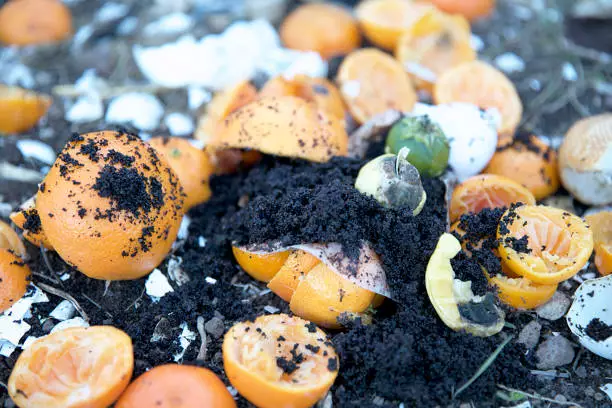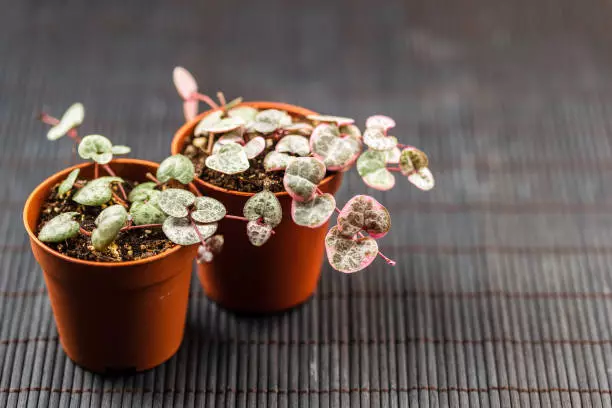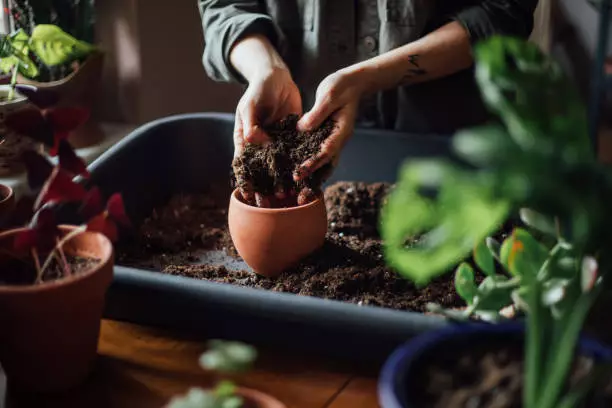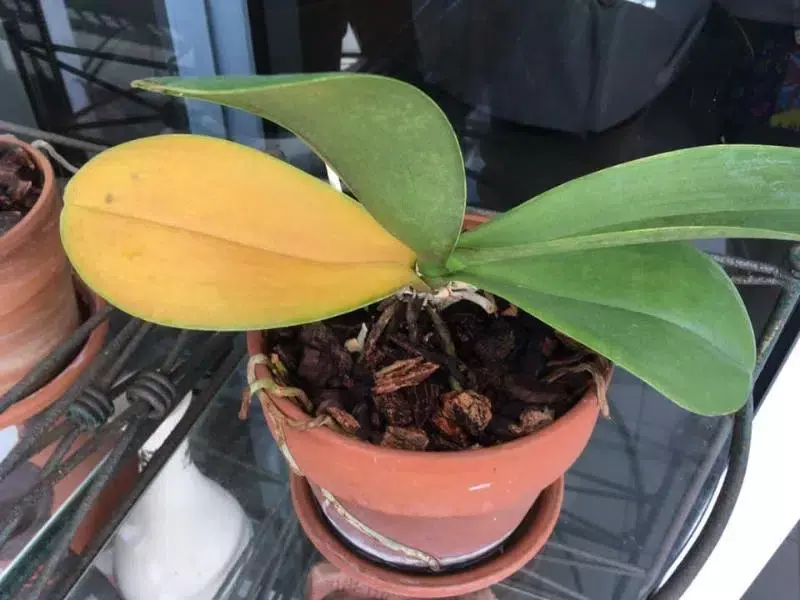Oranges and lemons are among the most eaten fruits on the planet. Few will, however, make use of their peels which end up being thrown away. Instead of simply throwing them away, you can compost them since they have many benefits to the compost pit and your garden.
Citrus fruits and their remnants introduce minerals such as potassium, phosphorus, and nitrogen in the pile of dirt, deter pests and animals owing to their strong scent, and quickly break down hence not a threat to the environment.
The process of composting citrus fruits is quite straightforward since it doesn’t involve any complex procedures. You should, however, be careful not to put citrus fruits in a worm bin as some worms can be hurt by the fruits.
Can you compost citrus?

Yes. You can indeed compost citrus. This can either be citrus peels or whole fruits. Since the fruit is often eaten, it’s the peels that will likely find their way to the compost.
There is no specific method for composting citrus fruits since they can be simply thrown into the pit with the rest of the waste. The citrus fruits (and other fruits) make up the green part of the compost and can be composted properly with the following tips:
- Speed up the composting process by cutting the citrus fruits into small bits.
- Every few weeks, turn the compost pit to keep it hot at all times. This helps prevent the growth of mold on the peels.
- For those who frequently have citrus peels on their hands, add some grass clippings to the compost to maintain a healthy balance of acidity.
- Make the compost pit at least 1 part greens, 3 parts browns, and some water. It shouldn’t be too much water. Just enough to keep it in good composting condition. You can test for that by squeezing a small part of the compost in your hand. If the squeeze yields some juice, it’s too wet. If it instead falls apart when squeezed, it’s too dry.
- Compost is made up of reasonable parts of air, water, carbon (dry materials such as cardboard, and newspapers), and nitrogen (wet materials such as fruits and vegetables).
- Dry out the citrus peels before composting them, especially in the cold months of the year.
- Only add things that have ‘lived’ into your compost pit. These are items that grew in the soil, tree, or other areas. Keep away from plastics and other inorganic items. Cardboard and newspapers are basically dead wood and thus fall under the ‘living’ category. Cotton cloths are also compostable.
- When adding these materials, always ensure the hip has enough aeration to aid in the composting process.
These tips help you make the most of the peels in terms of composting them.
Can you put citrus in a worm bin?
There are some worms in vermicompost that aren’t so good at dealing with citrus fruits. These worms can either avoid the citrus altogether or can be harmed by the acid in the fruits.
This is especially the case when the compost has too many fruits. This introduces too much acid into the compost. This can affect other organisms in the compost such as healthy bacteria.
Can you put too much citrus in your compost?
Even when you’re not vermicomposting, too much citrus in a compost pit isn’t healthy. Usually, citrus fruits are mildly acidic in that they can compost without affecting the rest of the pile.
Too much of the fruits make the acidity of the compost quite high. This affects the composting process, especially the microorganisms that carry out the process. If left acidic for too long, the acid can adversely affect the process to the extent that it stops.
You can keep the compost in good condition by adding only a reasonable amount of citrus fruits and peels (1 part greens + 3 parts browns + water). If you’ve already exceeded this ratio, you can add grass clippings to the compost. It’ll balance out the acidity.
With the right amount of citrus in your compost, the pit should have a fruity smell. If there’s too much of it, it’ll have an unpleasant odor.
Benefits of adding orange and lemon peels to your compost
Lemon, orange, and peels from other citrus fruits have the following benefits in the compost:
- They add minerals such as potassium, phosphorus, and nitrogen to make the compost nutritious. These minerals also speed up the composting process.
- The strong citrus scent deters animals and pests from the compost pile. You’ll thus not see flies and rodents in it.
- They break down completely thus not a risk to the environment.
- Citrus fruits heat up the compost speeding up the composition process.
- The same heat is enough to kill off any seeds in the compost pile. This prevents their germination once you place the compost in your garden.
Done the correct way, citrus composting has many benefits for your compost hip and the garden when you finally use the compost material as manure.



